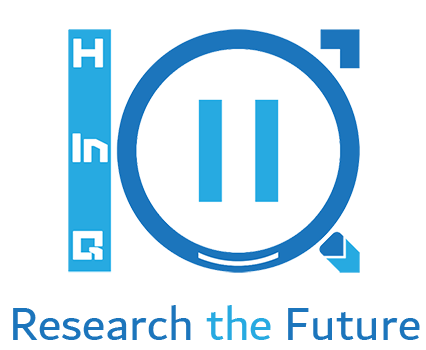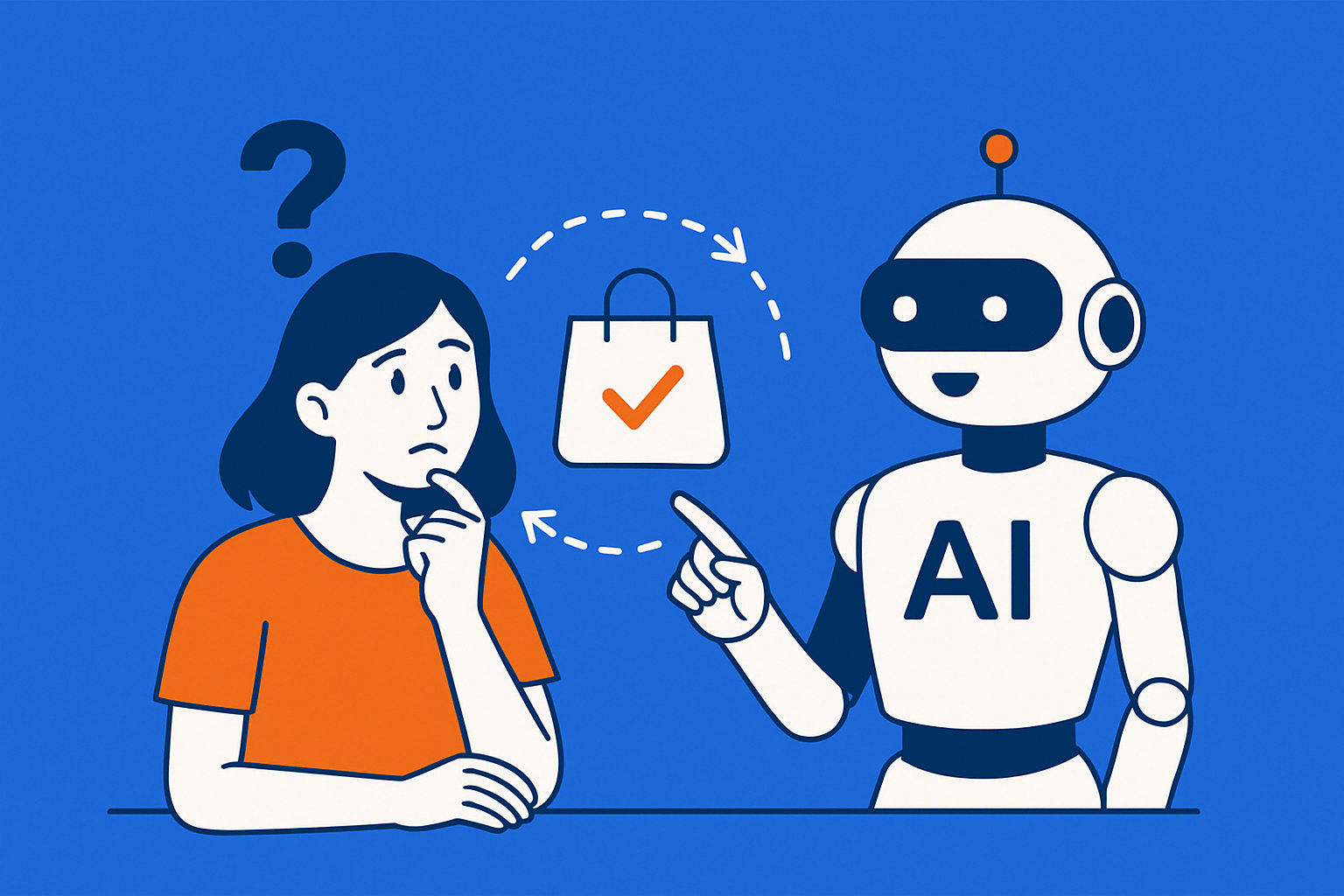Introduction – The End of Guesswork in Sales
The days of relying on gut instincts and intuition in sales are over. In a rapidly evolving market, traditional sales methods are falling behind, leaving businesses struggling to keep pace with changing customer behaviors. What used to work is now proving to be inefficient and unreliable, as consumers demand personalized, timely, and relevant interactions.
Enter AI-powered predictive sales—a game-changing innovation that is transforming how companies approach customer engagement. Instead of making educated guesses, sales teams can now analyze vast amounts of data to accurately predict customer needs, preferences, and buying intentions. This shift from reactive to proactive selling is not just an upgrade—it’s a necessity.
Today, successful sales strategies are built on data-driven insights, enabling businesses to anticipate what their customers will want before they even realize it themselves. From crafting hyper-personalized marketing campaigns to delivering real-time recommendations, predictive AI is reshaping the entire sales landscape.
But not all companies are embracing this change. Some still cling to outdated methods, risking irrelevance in a market increasingly dominated by intelligent, adaptive sales strategies. The message is clear: Adapt to AI-driven sales or get left behind. This article will explore how predictive AI is not only enhancing sales performance but also redefining customer relationships—from anticipating needs to automating workflows and maintaining a competitive edge.
The Power of Predictive AI: From Data to Action
Predictive AI is more than just a buzzword—it’s a revolution in how businesses approach sales. Instead of reacting to customer needs after they arise, companies can now anticipate what buyers want before they even know it themselves. This proactive approach is powered by vast amounts of data and advanced algorithms that analyze customer behavior, purchase history, and market trends.
One of the most significant advantages of predictive AI is its ability to process data at a scale and speed that humans simply cannot match. By identifying patterns and correlations, it can predict which products customers are likely to purchase, when they are most receptive to offers, and what kind of messaging resonates best. This level of insight allows sales teams to approach customers with precision and relevance, drastically improving engagement and conversion rates.
For example, companies like Amazon and Netflix have set the standard for predictive sales by leveraging AI to recommend products and content based on user behavior. These tailored suggestions make customers feel understood and valued, resulting in higher satisfaction and increased sales. The lesson here is clear: Businesses that harness predictive AI gain a decisive edge in customer engagement and retention.
However, the power of predictive AI doesn’t stop at customer interactions. It also transforms internal sales processes, automating tasks such as lead scoring, opportunity prioritization, and sales forecasting. This efficiency frees up sales professionals to focus on building relationships and closing deals rather than being bogged down by manual data analysis.
The bottom line is simple: Predictive AI enables businesses to move from reactive selling to proactive engagement. Those who adopt this technology will stay ahead of the competition, while those who resist will find themselves outpaced and overshadowed.
Personalization at Scale: Creating Tailored Customer Journeys
In today’s competitive landscape, generic sales approaches no longer cut it. Customers expect personalized experiences that make them feel valued and understood. This is where predictive AI shines—by enabling businesses to craft tailored customer journeys at scale, something that manual efforts simply cannot achieve.
Predictive AI analyzes individual customer behaviors, preferences, and past interactions to build a comprehensive profile. With this data, it can generate personalized recommendations, targeted content, and even custom pricing strategies. The result? Higher engagement, stronger loyalty, and increased sales.
Take Spotify as an example. Its AI-driven recommendation engine doesn’t just suggest random songs—it curates playlists that feel uniquely personal, anticipating what users want to hear before they even think to search for it. This kind of predictive personalization keeps users engaged and drives retention, proving that when done right, AI can create genuinely meaningful interactions.
But it’s not just about recommendations. Predictive AI also automates customer touchpoints, delivering personalized emails, product suggestions, and reminders without overwhelming sales teams. Imagine a system that knows when a potential customer is ready to buy and automatically triggers a custom offer or follow-up message. This seamless integration of predictive insights into automated outreach ensures that businesses stay top-of-mind without seeming pushy or intrusive.
The real power of predictive AI lies in its ability to scale personalization without sacrificing quality. Whether engaging with thousands of prospects or nurturing existing relationships, AI empowers companies to deliver tailored interactions consistently and effectively. Businesses that fail to implement this technology risk appearing out of touch and disconnected from their audience.
The message is clear: Customers crave personalization, and AI delivers it efficiently and at scale. Those who embrace this strategy will not only attract more leads but also convert them into long-term customers.
Automation and Real-Time Insights: The Competitive Advantage
One of the most significant advantages of predictive AI in sales is its ability to deliver real-time insights and automate repetitive tasks. In a world where timing is everything, being able to respond instantly to customer needs is a game-changer. Companies that fail to capitalize on this are missing out on invaluable opportunities to engage and convert.
Predictive AI doesn’t just collect data—it analyzes it instantly, delivering actionable insights right when they’re needed most. This capability allows sales teams to act on emerging trends, changing customer behavior, and market shifts without delay. Whether it’s recommending a product upgrade or highlighting a sudden drop in engagement, AI-powered systems ensure that no critical moment is missed.
Moreover, automation streamlines the entire sales process, from lead scoring to follow-up communication. Instead of manually sorting through potential prospects, AI systems rank leads based on likelihood to convert, allowing sales reps to focus on high-priority opportunities. This not only boosts efficiency but also increases the chances of closing deals.
Take the example of Salesforce’s AI-powered CRM, which helps sales teams track customer interactions, predict next steps, and automate routine tasks like sending follow-up emails or scheduling calls. The result is a more proactive and responsive sales strategy that drives better outcomes with less manual effort.
But it’s not just about making tasks easier—it’s about staying ahead of the competition. In a fast-paced market, real-time responses and automated processes set successful businesses apart from those still relying on outdated, manual methods. AI empowers sales teams to react faster, personalize interactions on the fly, and deliver exactly what the customer needs when they need it.
The reality is simple: Automation and real-time insights are no longer optional—they’re essential. Companies that continue to hesitate or rely on manual processes will find themselves outpaced and outperformed by AI-driven competitors.
Conclusion – Embrace Predictive Sales or Fall Behind
The message couldn’t be clearer: Predictive AI is revolutionizing the sales landscape, and businesses that refuse to adapt are sealing their own fate. Traditional sales methods—relying on intuition and guesswork—are rapidly becoming obsolete. Today’s market demands precision, personalization, and real-time responses, and only AI-powered sales strategies can deliver that level of efficiency.
From anticipating customer needs to automating repetitive tasks and providing real-time insights, predictive AI empowers businesses to outperform their competitors and build lasting customer relationships. Those who have embraced this technology are already seeing the benefits—increased customer engagement, higher conversion rates, and more streamlined workflows.
Yet, many companies still hesitate, held back by outdated mindsets or a fear of change. But the reality is simple: Hesitation equals failure. Clinging to old methods while the competition leverages predictive AI will only lead to lost sales and shrinking market share.
Businesses must act now to integrate predictive AI into their sales processes. Waiting any longer is not just risky—it’s reckless. The future belongs to companies that leverage data-driven insights to predict customer needs before they even arise. Adapt to this new reality, or watch your competitors leave you in the dust.



